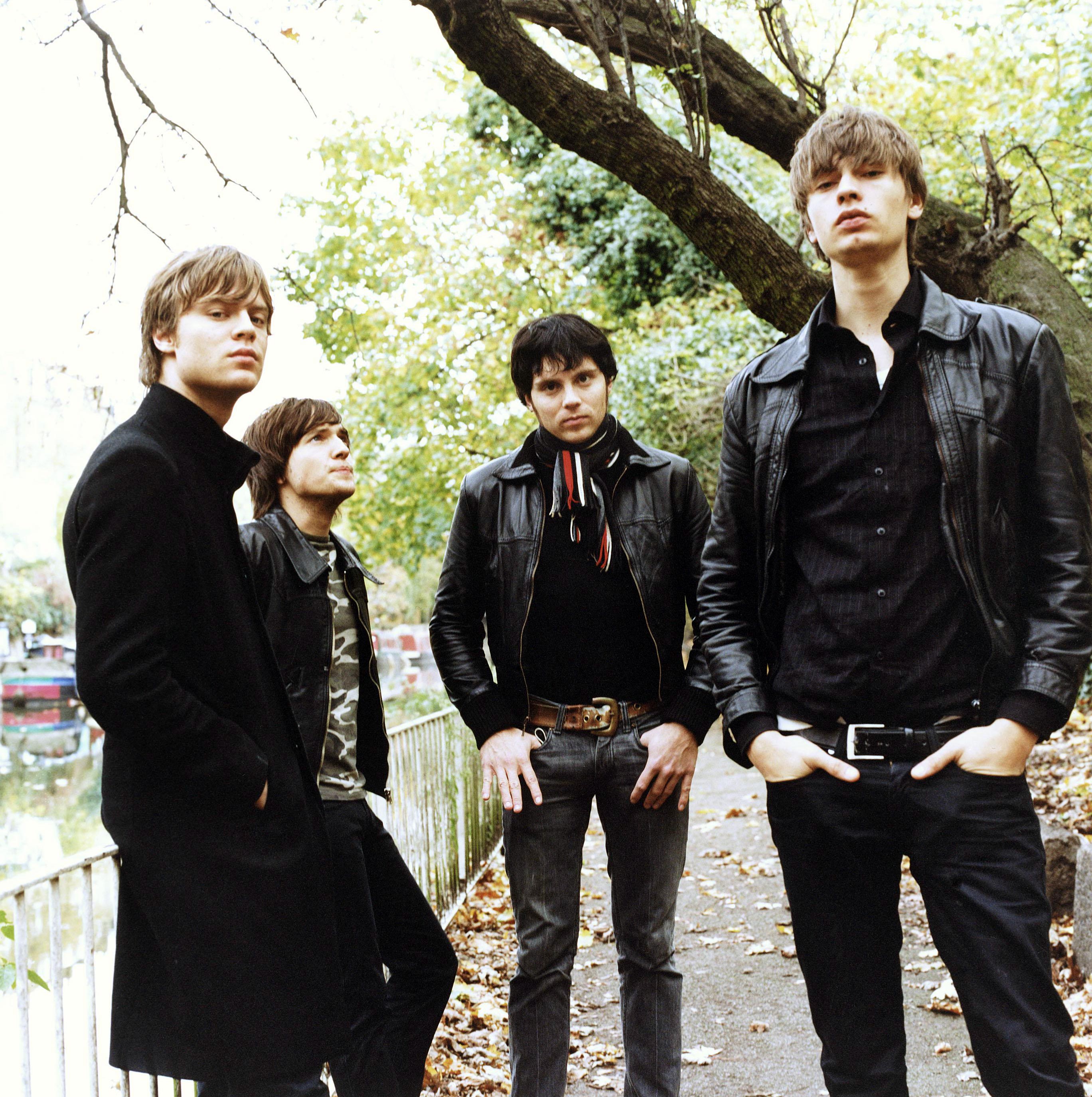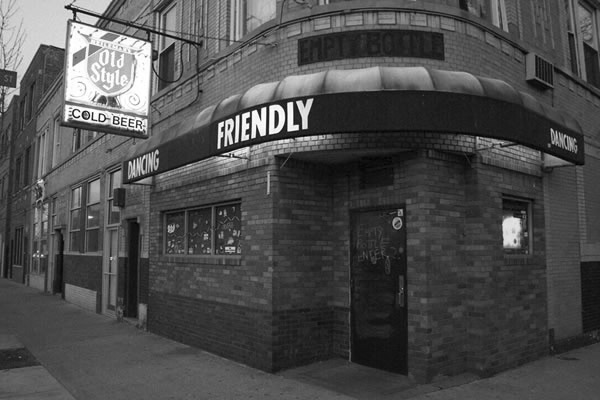
The Break-Up

Even as the band was basking in its greatest success, tensions began to rise. With producers clamoring for them and girls screaming out their names and fainting, the lads' egos inflated accordingly. Ironically, it was the very success of their hit song, “Misty Monday Morning,” that led to their first break-up.
The song’s original lyrics were written by Anthony in 1960 on the back of a pub-coaster; the bridge and haunting harmonica solo, by Ian. Furthermore, the song was changed, tweaked, polished and rewritten countless times on the road. Eventually, “Misty” was credited as a Smithe-Jones/Tolliver composition. Each, however, claimed responsibility for its success.
A rift began to form between Anthony and
Ian. Interviews became contentious, with Anthony and Ian barely speaking to one another afterward. Problems came to a head during a performance on July 7, 1965
at the
Oasis Club in their hometown of Manchester when, after Ian asked to begin
the count for a song again, Anthony walked off the stage. This led to a
backstage scuffle between the two in which punches were thrown. It was only
because family members were in the audience that the group returned to finish
their set.
another afterward. Problems came to a head during a performance on July 7, 1965
at the
Oasis Club in their hometown of Manchester when, after Ian asked to begin
the count for a song again, Anthony walked off the stage. This led to a
backstage scuffle between the two in which punches were thrown. It was only
because family members were in the audience that the group returned to finish
their set.
As
conflict flared between the band members, the public seemed to be catching on to
the shortcomings of the material. With so many high-profile bands like
The Beatles,
The Rolling Stones,
The
Who, and
The Kinks tearing up the charts, bands who didn't have follow-up material
were forgotten as quickly as they were discovered. Consequently, when the
novelty of “Misty Monday Morning” declined without a follow-up hit, the fickle
public began moving on. As early as August, 1965—less than two months after
they’d reached #7 on the NME charts—they were being called a "one-hit wonder."
The lads were having trouble filling dates, and their shows were no longer
selling out. Bookings declined precipitously: During September, 1965 The Dover
Souls only made three appearances and one of them was at the grand opening of
the Empty Bottle Pub in
Blackpool.

The sudden demise of the popularity of The Dover Souls led to even greater conflict between band members. Anthony, as the front man of an immensely popular band—and being labeled "the cute one" by the British Press--had become such an egotist, his band mates couldn't stand to be around him. Ian, Nigel and George began discussing the possibility of replacing Anthony. Meanwhile, Anthony was beginning to believe he might fare better as a solo act. The matter was settled by a fateful phone call.
Michael Billington, Anthony’s friend from the United! television show, had been offered the role of Dr. Marc Chabot in the new Broadway production of On a Clear Day You Can See Forever in New York city. Billington had convinced the producers that, in part because of the popularity of The Dover Souls, Anthony would be perfect for the role of Prince Regent in the play. Anthony was offered the part with the condition that he would have to be in New York immediately to begin rehearsal.
This was a huge break, and Anthony knew he couldn't pass it up. He had a tough choice to make. But with the diminishing popularity of the Souls, the disappearing bookings and the spiraling tensions with his band mates, he decided to accept the role.
Anthony informed his band mates via a telegram that he was leaving the group to pursue a career in acting.
Ian, Nigel and George showed up at Anthony's flat. After an argument that ended in a black eye for Anthony and a broken tooth for George, Anthony was officially no longer a member of the band he’d helped to create.
As Nigel was once later quoted, “That night, the Souls lost their Heart.”

Main Page Early History Forming the Band 1964 The Hit 1965 The Break-up Anthony in New York Honey Vicarro 1966-Lads In UK The Reunions The Tragedy Smithe-Jones Bio Biggs Bio Tolliver Bio St. John Bio Discography Webmistress